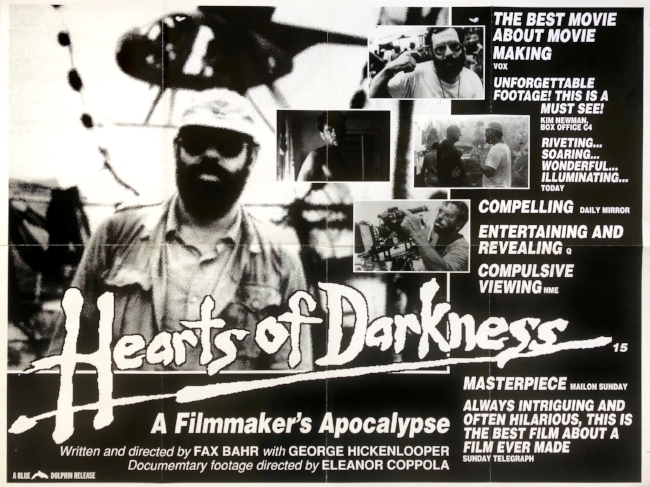Being Elmo: A Puppeteer's Journey (2011)
Constance Marks’ documentary explores the story of Kevin Clash, the man who effectively "was" Seasame Street's Elmo until 2014. The film charts Kevin Clash's rise from his modest beginnings in Baltimore to his success as a globally famous character and a major player in the Henson family of puppeteers. The documentary manages to maintain a good balance between examining the mechanics of puppetry and focusing on the human impact of Kevin's work. Like so many documentaries of these type, it clearly shows that achieving your dreams always comes with a cost and is often immensely arduous. It also reveals the complexity of something we take for granted and possibly trivialize, namely puppetry. Filmed in 2011 the documentary does not cover Kevin Clash’s resignation from “Seasame Workshop” three years later.
With a subject such as this, it would be very easy for director Constance Mark to substitute narrative for sentiment but this is conspicuously avoided. A very emotive scene in which a terminally ill child meets Elmo is handled extremely well, focusing on Kevin Clash's professionalism. It is his job to make his or rather Elmo’s fans happy and that is what he does. It is emotional trauma such as this along with the practical logistics of spending hours contorted behind sets with your arm held up for hours, that shows what a difficult job puppetry is. The documentary even briefly touches upon the notion of the puppeteer surrendering their identity to the puppet, highlighting a curious aspect of this particular career path.
Perhaps the most pertinent criticism that can be made about Being Elmo: A Puppeteer's Journey, is that it leans a little too much towards veneration and as a result do get the full measure of the man. Kevin loves his work and is highly motivated. Elmo is very much a character about love and giving. Perhaps the documentary could have explored more precisely his motivation and the consequences of being so "giving". There is a brief reference to an ex-wife but the viewer simply has to assume the exact circumstances that led to their breakup. I'm not advocating that the man's personal life should have been laid bare but it would have been interesting to have looked beyond his professional life.
Clash has stated since the documentary that his sexuality and ethnicity were pertinent to his work. I tend to avoid armchair psychology, but there's no argument that there's is a lot of Kevin in Elmo and vice versa. The documentary makes that self-evident. However, it is curious that some African-American adults have been surprised when they’ve met him. I wonder exactly what they were expecting? As for the children, perhaps they are the best arbiters of Kevin's talent. They tend to speak and interact directly with Elmo, even when Kevin is clearly operating him. He is simply ignored. It provides compelling proof of the power of both puppetry and love.




























